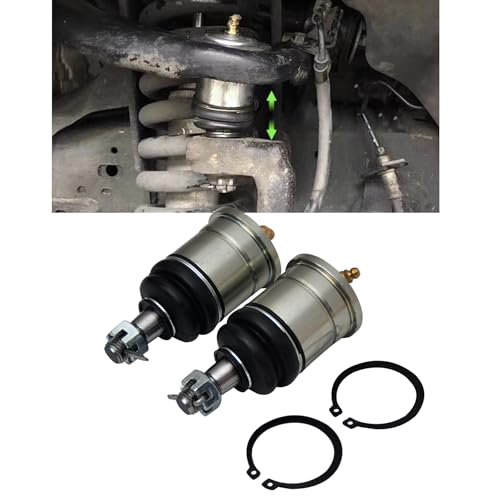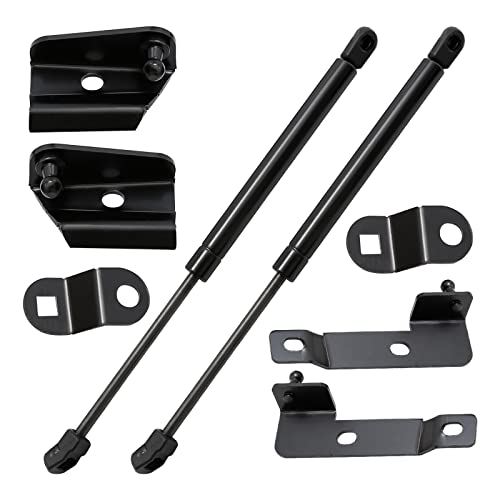tyronehunter
Member
hi guys hope you all had a geeat christmas.
i own a d40 stx and have had it for a half a year now. after a few offroad adventures the clutch ended up needing to be replaced. i got it done through the dealership. dual mass to a single mass blah blah blah. they also did a normal service...oil....filter....etc
after 800km i took the ute back into the dealership and asked to speak with the service manager. i told him i had a really violent shrudder that occured between 1500 -2000 rpm particularly going up a hill. he test drove it and said there was definately something wrong. he got the service technician to test drive it but when he got back he said it was normal vibrations due to the single mass flywheels not having the ability to absorb vibration blah blah blah. i have had a chat with a few nav owners (who have had replaced clutches) and they reckon what i have is definately not right. plus i have a few clinks and clonks driving around town. for example.....when the vehicle is stationary and in neutral....there is a consistant clunk. but when i depress the clutch pedal it goes away (and so forth). what are your opinions??
i have also noticed a rise in fuel consumption (was averaging 12L before clutch and engine service). its roughly 14 to 15L per 100km now. could there be a reason for this? the exhaust gas has a really strong diesel smell (wasnt there before service).
other than these problems she goes great. am very happy with my ute
thanks for the help guys
i own a d40 stx and have had it for a half a year now. after a few offroad adventures the clutch ended up needing to be replaced. i got it done through the dealership. dual mass to a single mass blah blah blah. they also did a normal service...oil....filter....etc
after 800km i took the ute back into the dealership and asked to speak with the service manager. i told him i had a really violent shrudder that occured between 1500 -2000 rpm particularly going up a hill. he test drove it and said there was definately something wrong. he got the service technician to test drive it but when he got back he said it was normal vibrations due to the single mass flywheels not having the ability to absorb vibration blah blah blah. i have had a chat with a few nav owners (who have had replaced clutches) and they reckon what i have is definately not right. plus i have a few clinks and clonks driving around town. for example.....when the vehicle is stationary and in neutral....there is a consistant clunk. but when i depress the clutch pedal it goes away (and so forth). what are your opinions??
i have also noticed a rise in fuel consumption (was averaging 12L before clutch and engine service). its roughly 14 to 15L per 100km now. could there be a reason for this? the exhaust gas has a really strong diesel smell (wasnt there before service).
other than these problems she goes great. am very happy with my ute
thanks for the help guys
























